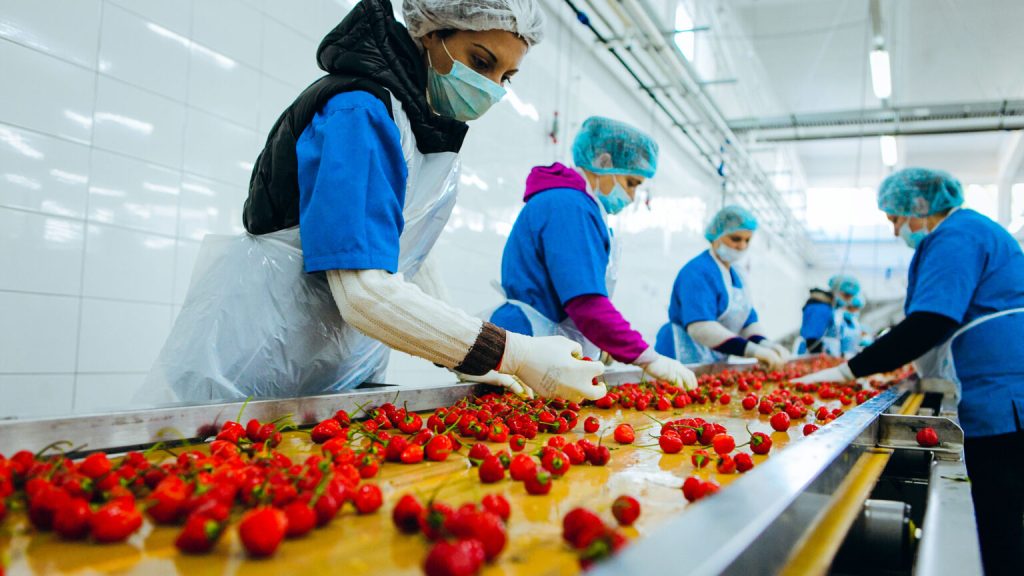During SQF audits, food production facilities are evaluated on their compliance with the Safe Quality Food (SQF) Program’s standards and requirements. The goal of these audits is to ensure that food products are produced safely and meet high-quality standards. However, there are common non-conformances that can be found during SQF audits, which may hinder a facility from achieving a satisfactory audit score. In this section, we will discuss some of the most prevalent non-conformances and provide guidance on how to address them.
1. Lack of Documentation: One of the most common non-conformances found during SQF audits is the lack of proper documentation. This includes missing or incomplete records related to food safety plans, HACCP (Hazard Analysis Critical Control Point) plans, employee training, and supplier approvals. Documentation is crucial in demonstrating that a facility has proper systems in place to ensure food safety and quality.
To address this non-conformance, it is essential for facilities to have a robust document control system in place. This includes clearly defined procedures for document creation, approval, distribution, and retention. Regular checks should also be conducted to ensure all necessary documents are up-to-date and readily available for auditors.
2. Poor Sanitation Practices: A major requirement under SQF standards is maintaining a clean and hygienic production environment at all times. Non-compliance with sanitation practices such as inadequate cleaning schedules or improper storage of cleaning chemicals can lead to severe consequences during an audit.
Facilities must have a comprehensive sanitation program in place, which includes regular cleaning and sanitization schedules, appropriate use and storage of cleaning chemicals, and training for employees on proper sanitation practices. It is also crucial to conduct regular internal audits to identify any potential issues and take corrective actions promptly.
3. Ineffective Pest Control: Pests can contaminate food products and pose a significant risk to food safety. Therefore, facilities must have an effective pest control program in place to prevent infestations and maintain a pest-free environment.
To address this non-conformance, facilities should conduct routine inspections of their premises to identify any signs of pest activity. They should also have a written pest control plan that outlines procedures for monitoring, prevention, and elimination of pests. Regular training for employees on how to spot and report potential pest issues is also essential.
4. Lack of Employee Training: Employees play a critical role in ensuring food safety at all stages of production. Therefore, it is essential for them to receive adequate training on food safety principles, personal hygiene practices, allergen management, and other relevant topics.
To address this non-conformance, facilities should develop a comprehensive training program that covers all necessary topics related to food safety. This program should be regularly updated and include hands-on training , such as mock recalls or on-the-job training.
5. Failure to Conduct Mock Recalls: Mock recalls are a critical part of the SQF program, and failure to conduct them can result in a non-conformance during an audit. Mock recalls help facilities assess their ability to trace and recall products quickly and efficiently in case of an actual recall.
To address this non-conformance, facilities should develop and implement a mock recall plan that outlines procedures for conducting regular mock recalls. The plan should also include a review process to identify any areas for improvement.


